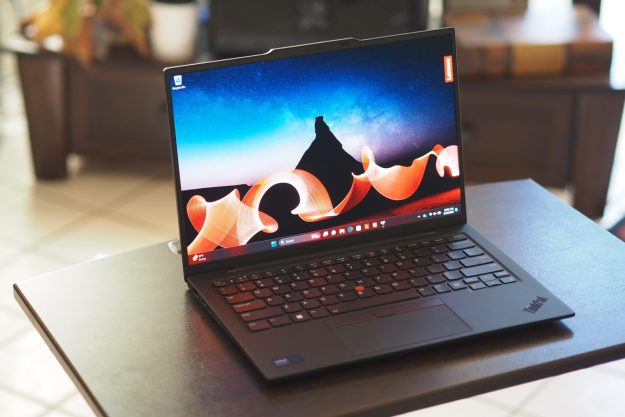
Kaspersky Lab polled 12,546 internet users of varying ages in an attempt to gauge their internet activity, and their usage of security and privacy functionality. A massive 86 percent of users over 55 do not believe that they are a target for cybercriminals, as per a post on the Kaspersky Lab blog.
However, this same age bracket is using the internet for a number of different purposes that put them at risk. In fact, 90 percent of the over-55 cohort polled confirmed that they shop and bank online, which is above the average of 84 percent for all age groups that took part in the study.
There’s a clear lack of proficiency for a proportion of users over 55 — 40 percent of those polled have apparently shared financial details in the public domain. Adoption of security measures among this bracket, however, is low, with only 30 percent using high privacy settings on social media and in their web browser, and only 10 percent implementing a VPN.
“The report shows clearly that this generation is embracing a connected life, and all of the opportunities that come with it,” said Andrei Mochola, head of consumer business for Kaspersky Lab. “On the other hand, however, it’s clear that the over-55s are not doing enough to protect themselves properly.”
Whether they’re buying groceries or keeping in touch with loved ones, the internet can be a very powerful tool for people middle aged and older. However, as this research demonstrates, more still needs to be done to educate this sector of users about the risks they take online.
Editors' Recommendations
- Even older RTX 4090s aren’t safe from melting connector
- There aren’t enough computer chips, VW warns, and it’s impacting car shipments


